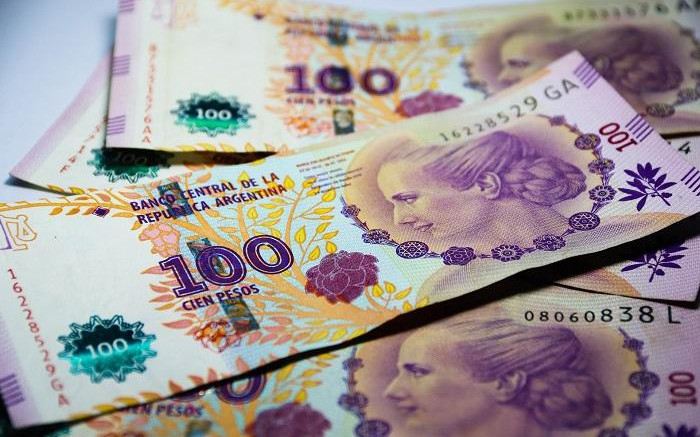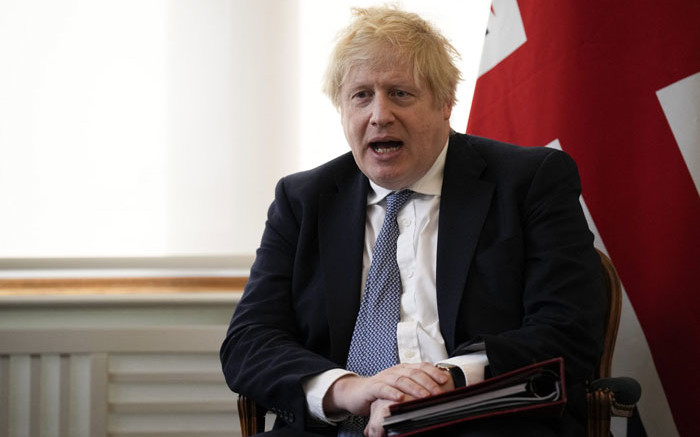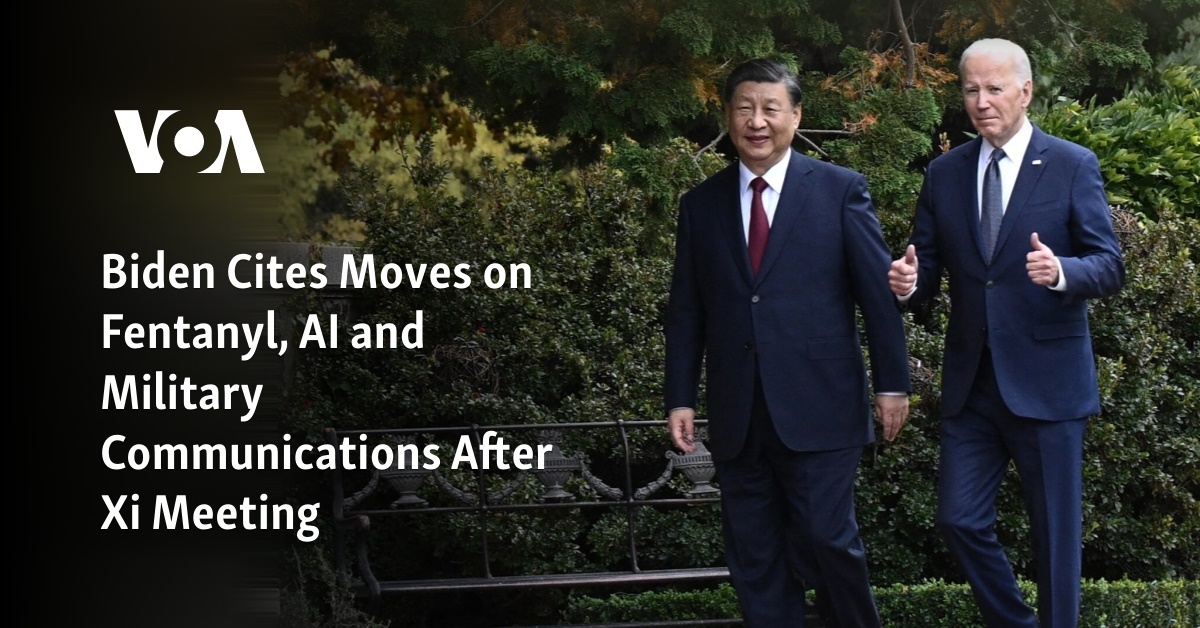
Turkish President Recep Tayyip Erdogan was in Germany for a brief and tense visit amid deep differences between the two NATO allies War in Gaza.
Erdogan called Israel a “terrorist state” and pointed out that its Western allies, including Germany, supported the military’s “massacres” in Gaza.
On Friday, German Chancellor Olaf Scholz underlined Israel’s Right to defend yourself.
“Our solidarity with Israel is not up for discussion,” he said at a joint press conference with Erdogan.
“We don’t owe Israel anything, so we can speak freely,” Erdogan said, pointing to Germany’s responsibility in the Holocaust and how Berlin can influence its relationship with Israel. “If we had debts, we wouldn’t be able to speak so freely. But those who are in debt cannot speak freely,” he said.
The Turkish leader also criticized Israel for its intransigence Air and ground offensive in Gazathat attacks on children and Hospitals had no place in the Jewish Holy Book.
“Shooting up hospitals or killing children is not in the Torah, you’re not allowed to do that,” Erdogan told reporters.
Ismail Thawabta, the director general of the government media office in Gaza, told reporters on Friday that the total number of Palestinians killed since the war broke out on October 7 had exceeded 12,000, including 5,000 children.
Frosty start
It was Erdogan’s first visit to Germany since 2020, when he attended a Libya conference in Berlin.
Before the visit of the Turkish leader intensified He condemned Israel’s attack on the besieged Gaza Strip and said he had received “unlimited support” from the West.
He had previously called for Israeli leaders to be tried for war crimes at the International Court of Justice in The Hague, reiterating his view – and Turkey’s long-standing position – that Hamas is not a “terrorist organization” but a political party promoting the final Palestinian victory won parliamentary elections in 2006.
Since October 7, when Hamas militants stormed southern Israel and killed people around 1,200 peopleThe Turkish president has stepped up his criticism of Israel, prompting the Israeli government to retaliate with a devastating air and ground attack on Gaza.
After the Hamas attack, Scholz traveled to Israel to offer his support to Germany.
This month Germany announced a complete ban Hamas’s activities as well as those of the German branch of Samidoun, known as the “Palestinian Prisoner Solidarity Network,” claiming that it “supports and glorifies” groups like Hamas.
“In our country, anti-Semitism is in no way permissible,” said Scholz at the press conference.
“I would like to emphasize that five million Muslims live in Germany and that they have a place here,” he added.
Erdogan rejected claims that his attacks on Israel had anti-Semitic undertones.
“For us, there should be no discrimination between Jews, Christians and Muslims in the region. I fought against anti-Semitism. I am a leader who leads this fight,” he said.
The German authorities have banned it many pro-Palestinian demonstrations They said it was an effort to prevent public anti-Semitism and contain unrest.
Uncomfortable partners
The two countries have always been, as Scholz’s spokesman characterized it, “uncomfortable partners.”
Berlin has been a vocal critic of Erdogan’s approach to domestic political disagreements, while acknowledging the need to rally regional power Turkey to address thorny issues.
Despite their differences, economic cooperation between the two countries has continued, with bilateral trade reaching a record 51.6 billion euros ($56.2 billion) in 2022.
Germany is home to the largest Turkish diaspora abroad. The majority of Turkey’s three million inhabitants are Erdogan supporters.
Erdogan’s stance sparked questions in Germany as to whether it made sense to receive the Turkish head of state at this time. The conservative opposition parties and even the liberal Free Democratic Party (FDP), a member of Scholz’s coalition, called on the Chancellor to reject the invitation.
While much of the press conference was dominated by the Israel-Hamas conflict, the two leaders also spoke about it Grain agreement between Russia and Ukrainewhich Turkey brokered before Russia withdrew from the agreement.
They should try to find common ground on a 2016 migration pact between the European Union and Turkey to curb arrivals in Europe.
Erdogan linked this to the ongoing discussions about this agreement, which some European countries would like to revive and change Türkiye’s accession to the EU Process that was on hold.
He also hoped to win Scholz’s support to revive talks on modernizing Turkey’s customs union with the EU and liberalizing visa-free travel for Turkish citizens ahead of upcoming local elections, in which he hopes to include the country’s largest cities the capital Ankara and Istanbul to regain.
Turkey wanted to buy 40 Eurofighter Typhoon fighter jets, which co-manufacturer Germany resisted, according to the Turkish Defense Ministry.






Recent Comments